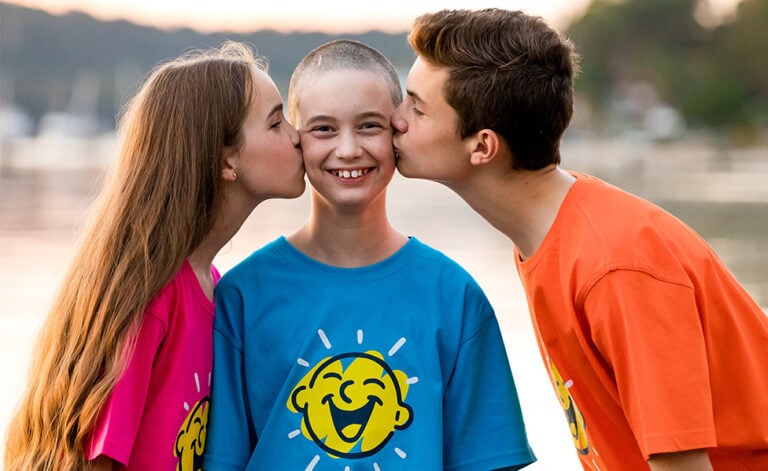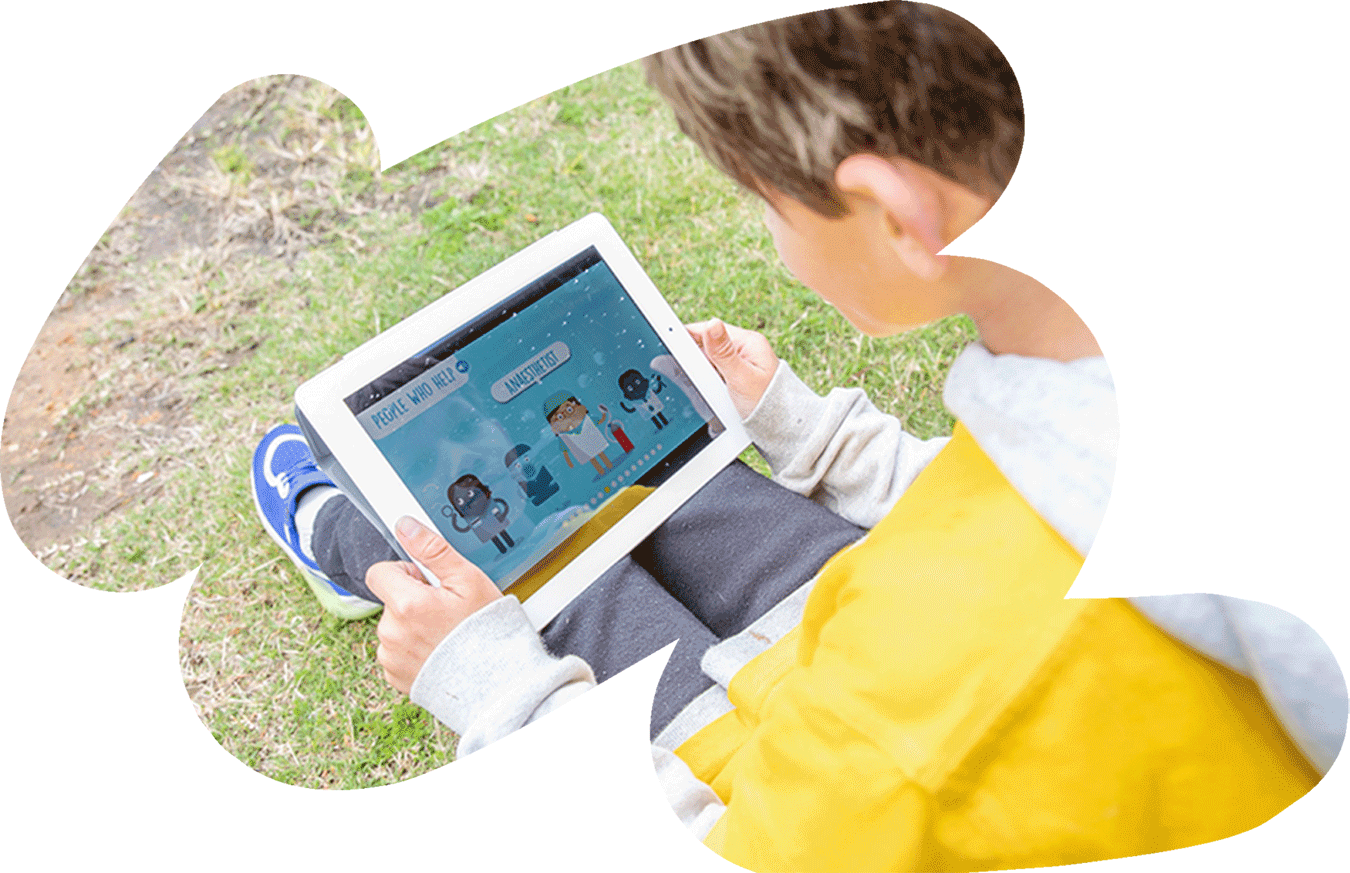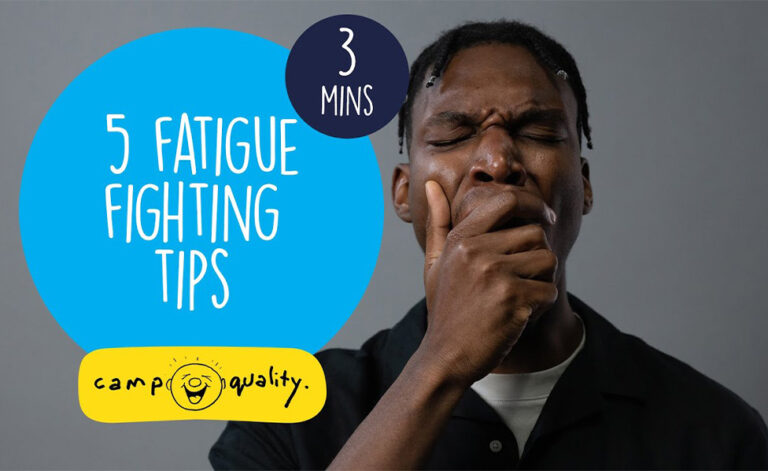5 fatigue-fighting tips
Feeling a little fatigued? Chances are you know what’s causing this feeling. With a few simple lifestyle changes, it’s likely you have the power to put the vitality back in your life.
Camp Quality aims to provide accurate, helpful and trustworthy information for families. Read our publishing standards.

A cancer diagnosis can be scary and confusing at any age, especially with young children in the family – but there are experts ready to help. They’re called oncologists, which is a fancy way of saying ‘cancer doctor’. Knowing more about how they treat cancer can make things a little less scary.
It’s a type of health care that specialises in diagnosing and treating different kinds of cancer.
The three main ways of treating cancer are:
This uses different medications to tackle cancer including:
This means using surgery to remove tumours and any nearby tissue that may have cancer cells.
Works by using high energy X-ray beams to kill or damage cancer cells so they can’t grow or spread. The treatment is carefully targeted at cancer cells to avoid harming healthy cells near the cancer.
Sometimes used for people with blood cancers such as leukaemia, myeloma or lymphoma.
A bone marrow transplant is a treatment that replaces your bone marrow with healthy cells. The replacement cells can either come from your own body or from a donor.
Cancer may be treated with just one of these treatments but sometimes more than one treatment is used. Some people might have chemotherapy followed by surgery, for instance.
An oncologist works as part of a team that can include other oncologists and other health care workers such as nurses, physiotherapists, psychologists or child life therapists.
Oncologists are doctors who are trained to detect and treat different kinds of cancer (there’s more than 200 cancers that affect different parts of the body).
Some of the different cancer specialists you may hear about include:
Cancers in children are often different to cancers in adults. Doctors who are specially trained to treat childhood cancers are called paediatric oncologists.
If someone is diagnosed with cancer, or their doctor suspects they may have cancer, their GP or specialist may refer them to an oncologist. The oncologist will then arrange more tests to check for cancer. If cancer is found, the oncologist will make a plan for treatment.
When cancer treatment is over, the oncologist is still there to help. Follow up appointments are important to make sure everything is going well.
If you or someone you know has cancer, there’s a special cancer doctor who can help. He or she is called an ‘oncologist’ (onk-oll-ah-jist). These doctors can help people get better from cancer.
Most people get better from cancer and there are different ways to help it go away – it depends on the type of cancer.
Sometimes people stay in hospital for these treatments but other times it just means visiting hospital during the day and coming home again.
Sometimes, but not always.
Some cancer medicines can make people feel tired or sick – and even throw up. But this doesn’t mean they’re getting sicker – it’s just because the medicine is so strong.
Some medicines can make them lose their hair for a while. They can wear a scarf, a hat or a wig until it grows back, if they like.

Written by Paula Goodyer, a Walkley Award winning journalist and health writer who has contributed to NSW Health and the Sydney Morning Herald.
Reviewed by Emma Campbell, a registered nurse with over 22 years’ experience in paediatric oncology, and a valued Camp Quality volunteer.

5 fatigue-fighting tips
Feeling a little fatigued? Chances are you know what’s causing this feeling. With a few simple lifestyle changes, it’s likely you have the power to put the vitality back in your life.

Playing to your strengths
How should we play to our strengths and why is it so important? Here’s a quick explainer by Tegan from The ORANGES Toolkit.